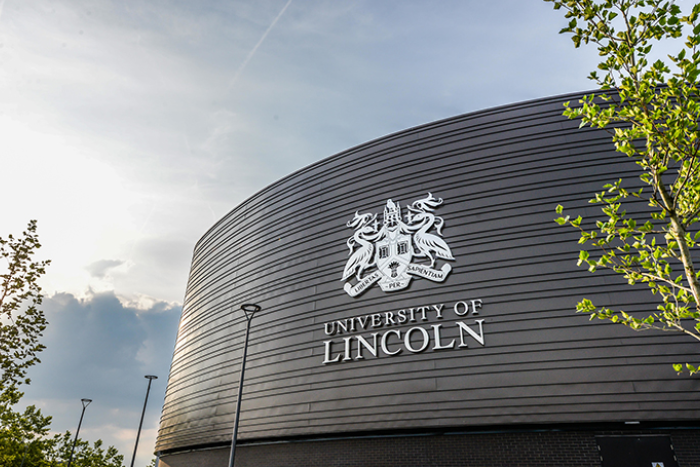
University improved rankings reflect ‘real-world’ impact
Improved positions in two global rankings highlight the University of Lincoln’s commitment to student equality, sustainability and helping drive local economic growth according to its boss.
Vice Chancellor Professor Neal Juster said he was proud the university had achieved significant improvements in the Times Higher Education (THE) Impact Rankings and the QS World University Rankings.
The Impact Rankings assess institutions on their progress towards the United Nations’ Sustainable Development Goals (SDGs) and Lincoln has climbed to 300th out of 2,526 universities worldwide.
This result reflects the university’s strong performance across several SDGs, including a standout ranking of 63rd globally for reducing inequalities - a measure recognising institutions committed to equal opportunity and inclusion.
This commitment is demonstrated by the university’s inclusive student population: 97% of undergraduates come from state school backgrounds and one in five are from low-participation neighbourhoods. These students also achieve strong outcomes, with nine out of ten graduates in work or further study 15 months after graduation - nearly 80% of whom are in highly skilled roles.
Lincoln has also improved its position in the QS World University Rankings, rising to the 801–850 band. This globally recognised ranking assesses institutions on metrics such as student experience, research activity, academic partnerships, and international collaboration. Lincoln achieved higher scores across all categories, with notable progress in areas such as sustainability and global research networks.
These improvements also reflect the University’s sector-leading contribution to regional development. Working closely with local government, industry, and NHS partners, Lincoln plays a vital role in shaping the economic future of Greater Lincolnshire. It supports key sectors such as the £100bn agri-food industry, the green energy transition, and the defence and security sectors - all critical to national resilience and providing high-quality career opportunities for future graduates.
Prof Juster s: “We are proud to be recognised globally for the real-world impact of our work. These improvements are a testament to the dedication of our staff, students, and partners.
“Lincolnshire still faces many economic and societal challenges compared to other parts of the UK, but it also has a number of unique opportunities. Universities like ours can be powerful engines for regional growth, prosperity, and opportunity.
“For example, through our newly announced Lincolnshire Institute of Dental and Oral Health, we’re helping to address the county’s chronic shortage of dentists - building on the success of the Lincoln Medical School, which is training the next generation of doctors right here in the city.”
